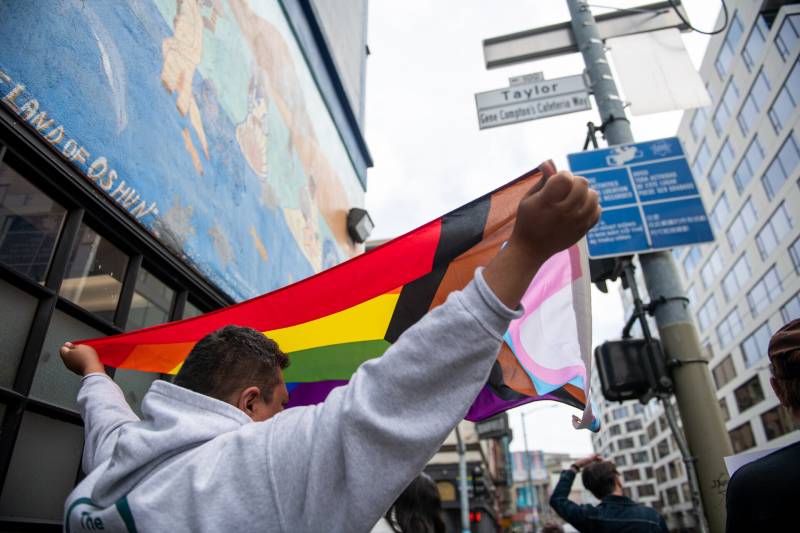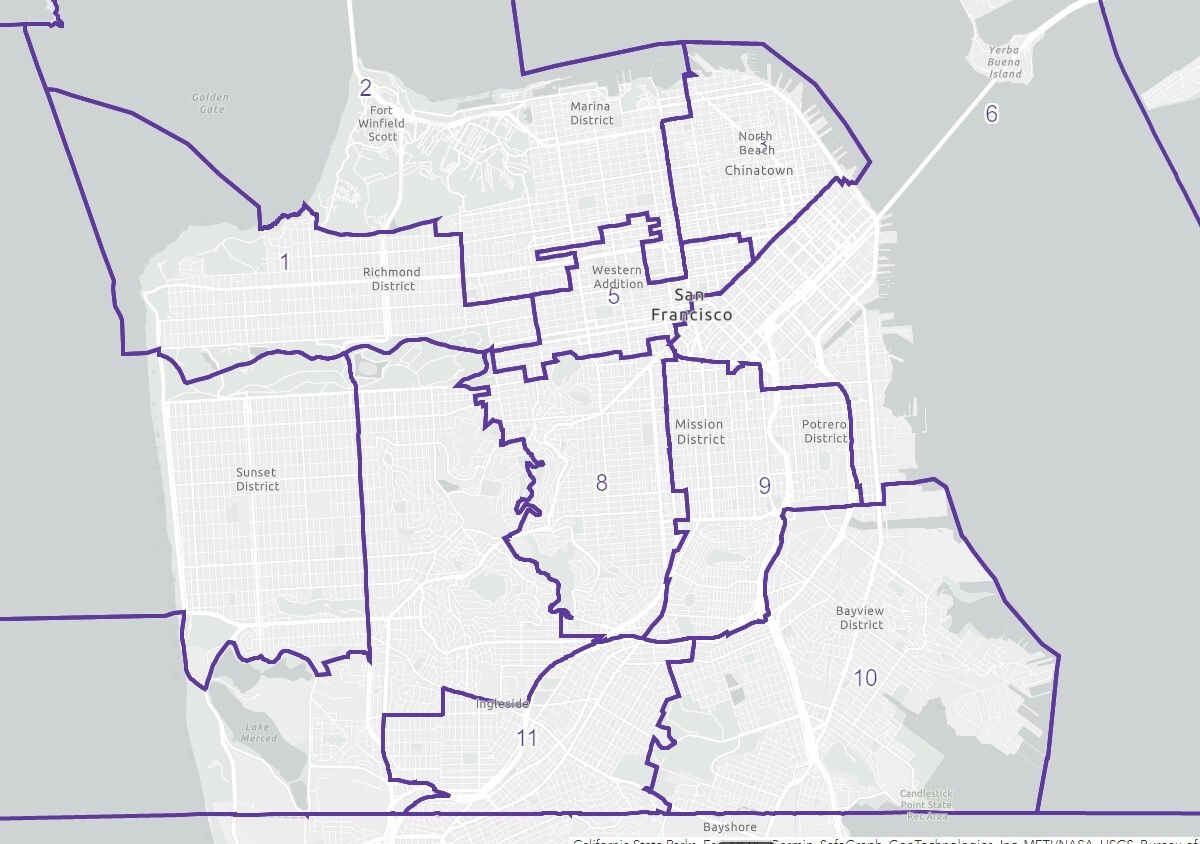During Wednesday's lengthy public-comment period, Karen Pierce, who identified herself as a native San Franciscan, urged the task force to reject the map before them.
"We have a history now that the current District 10 provides an opportunity for the Black community voice to be heard in this city," she said. "Switching this up, it doesn't matter who or what ethnic group is put in here to dilute her voice. The bottom line is, our voice is diluted."
The tense map-drawing process has gone on for months, but reached fever pitch at the previous Saturday meeting when task force members Pierce, Gil, Raynell Cooper and Jeremy Lee walked out in protest at 2 a.m., claiming the process was too rushed and inevitably would disenfranchise underserved communities in the city.
But task force member Chasel Lee, who voted on Wednesday to approve the map, pushed back on that idea.
"I would humbly submit that the map did not foster the divisions. The divisions were always there. They had always existed. And perhaps it’s because we didn’t know about them, or we chose not to see them," he said at Wednesday's meeting.
Townsend, the task force's chair, asked his fellow board members on Wednesday to push themselves a little further, despite the sometimes-grueling length of the meetings.

